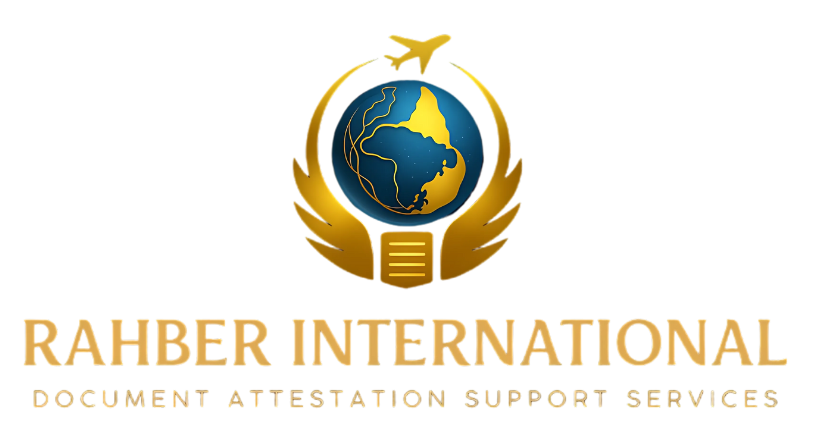Board Verifications in Pakistan: A Complete Guide for Students and Professionals
Introduction
Board verification in Pakistan is a crucial step for students and professionals who need their educational certificates recognized both locally and internationally. Whether you’re applying for higher education, a job abroad, or a family visa, board verification ensures that your documents are genuine and valid.
What is Board Verification?
Board verification is the process of confirming the authenticity of educational certificates issued by Pakistani boards. It is usually the first step before applying for IBCC, HEC, MOFA, or embassy attestations.
Why Do You Need Board Verification?
- Higher Education: Universities in Pakistan and abroad require verified certificates.
- Jobs Abroad: Employers in Gulf countries and beyond demand attested educational documents.
- Embassy & MOFA Attestation: Verification is mandatory before embassy submission.
- Migration & Family Visas: Personal and family cases also require verified educational credentials.
Educational Boards in Pakistan
Pakistan has several boards that issue and verify certificates:
- BISE (Board of Intermediate and Secondary Education) – Covers provincial boards like Lahore, Karachi, Faisalabad, etc.
- FBISE (Federal Board of Intermediate and Secondary Education) – Responsible for federal government institutions.
- Technical Education Boards – Verify diplomas and vocational certificates.
- Other Specialized Boards – For medical, commerce, or religious education.
Documents That Require Board Verification
Secondary School Certificates (SSC/Matric)
Issued by boards after class 10 examinations.
Higher Secondary School Certificates (HSSC/Intermediate)
Issued after class 12 examinations.
Technical & Diploma Certificates
Issued by technical boards for vocational education.
Online Board Verification in Pakistan
Many boards now offer online verification systems where students can track their application status or confirm authenticity using roll numbers.
Requirements for Board Verification
- Filled application form
- Copies of SSC/HSSC certificates
- Verification fee payment slip
Processing Time
- Normal process: 1–3 weeks
- Urgent process: a few days (depends on board policies)
Fees for Board Verification
- Normal: Standard charges per certificate
- Urgent: Higher fees for quick processing
Common Challenges
- Lost or misplaced certificates
- Errors in names or dates of birth
- Delays due to missing documents
Tips for Smooth Verification
- Double-check personal details before applying.
- Keep both originals and certified copies ready.
- Apply early to avoid last-minute issues.
Benefits of Board Verification
- Makes documents acceptable for foreign embassies.
- Ensures legal recognition of academic qualifications.
- Smoothens the process for higher education, jobs, and visas.
Conclusion
Board verification in Pakistan is the first and most important step before IBCC, HEC, or embassy attestations. Without it, your documents cannot be officially recognized abroad. By preparing properly and following the process, you can ensure a smooth verification journey.
